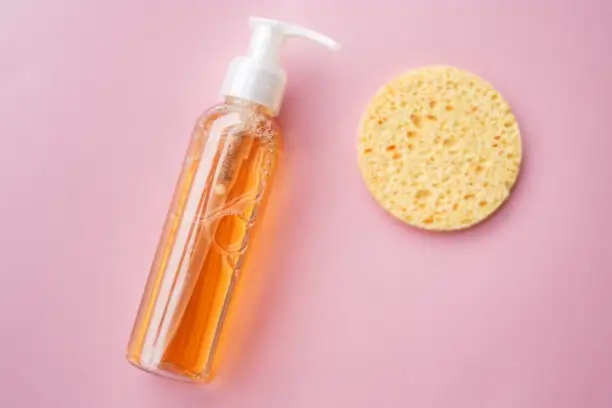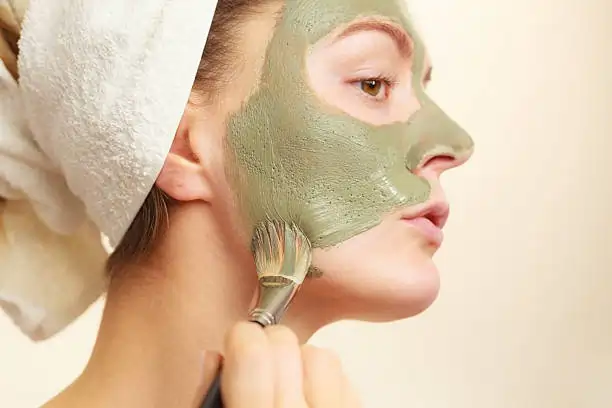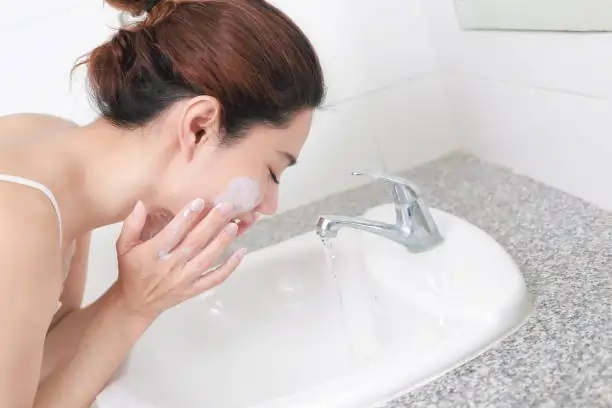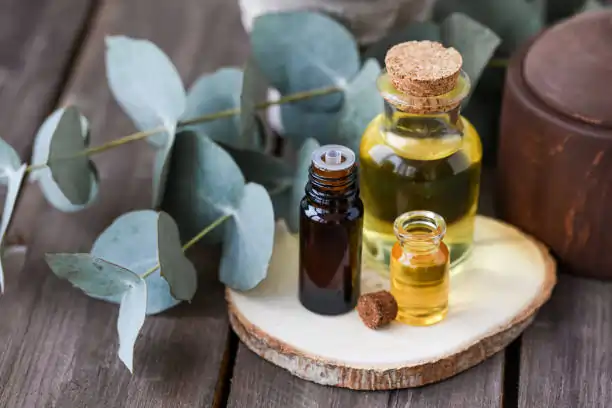Oily skin can be a frustrating problem causing so many skin problems but there are a few natural remedies that can help reduce excess oil production.
Understanding the causes of oily skin
First, it’s important to understand what causes oily skin. Oily skin is caused by overactive sebaceous glands, which produce an excess of sebum, the natural oil that helps to keep our skin moisturized. So sebaceous glands make some people’s skin more oily and some people’s skin dry. Oil gland over activity is related to male hormones who have higher levels of male hormones or those whose oil glands are more sensitive to male hormones, usually have more oily skin. Most of the women have oiliness only in the T-zone. T-zone is top of the forehead and nose and the chin areas. Hormonal changes, genetics, and even diet can all contribute to excess oil production.
Control Your Oily Skin by Natural Tips and Tricks
So how to control oily skin? It’s quite easy to control oily skin. You just have to follow a consistent skincare regime. You have to use oil-free or water-based products and light matte-based makeup products. And always remember to properly remove your makeup before sleeping.
You can control the oiliness of your skin by doing these basic things.
Exfoliate regularly: Exfoliating helps to remove dead skin cells, which can clog pores and lead to excess oil production. Try using a gentle exfoliating scrub once or twice a week. Look for scrubs that contain gentle ingredients like sugar or sea salt, and avoid scrubs with harsh beads or shells that can irritate the skin.

Use a toner: A toner can help to balance the pH of your skin, which can help to reduce oil production. Look for toners that contain salicylic acid or witch hazel, as these ingredients can help to control oil. Salicylic acid is a beta-hydroxy acid that can penetrate deep into the pores to unclog them, while witch hazel is a natural astringent that can help to tighten and tone the skin.

Use a clay mask: Clay masks can help to absorb excess oil and unclog pores. Look for masks that contain kaolin or bentonite clay. These clays are highly absorbent and can help to remove impurities from the skin. Leave the mask on for 10-15 minutes, and then rinse it off with warm water.

Wash your face twice a day: Washing your face twice a day can help to remove excess oil, dirt, and bacteria. Use a gentle, oil-free cleanser and avoid using hot water, which can strip the skin of its natural oils. Instead, use lukewarm water and massage the cleanser into your skin using gentle circular motions.

Use a moisturizer: Even if you have oily skin, it’s important to use a moisturizer. Look for oil-free, non-comedogenic moisturizers that will hydrate your skin without clogging your pores. Moisturizers with ingredients like hyaluronic acid or glycerin can help to attract and retain moisture in the skin, while also helping to reduce the appearance of fine lines and wrinkles.

Try tea tree oil: Tea tree oil has natural antibacterial properties that can help to control breakouts. You can add a few drops of tea tree oil to your face wash or toner, or apply it directly to your skin using a cotton swab. Be cautious with the amount of tea tree oil you use, as it can be very strong and may cause irritation if used in excess.

Watch your diet: Eating a diet high in processed foods, sugar and fried foods can contribute to oily skin. Eating a diet rich in fruits, vegetables and lean protein can help to promote healthy skin. Studies have shown that a diet high in Omega-3 fatty acids, found in fish and certain nuts, can help reduce the appearance of oily skin.

Use products that suit your skin type like oil free and non-comedogenic makeup products. And remove your makeup thoroughly before sleeping. Change your pillow covers and bedsheets frequently. You must have heard that acne can be treated with oral or topical medicines and in some cases, even medical procedures can be done. Other options to control oil in a dermatologists clinic would be laser toning, that is low energy laser done in every 15 days. 6 to 8 sessions would be needed or another procedure would be needed called chemical peel where certain chemicals are applied on skin which remove oil from oil glands.
In addition to these tips, it’s important to remember that everyone’s skin is different. What works for one person may not work for another, so it’s important to pay attention to your skin and make adjustments as needed. If you are experiencing severe or persistent oily skin, it’s best to consult a dermatologist for personalized advice.
It’s also important to note that using harsh skincare products and over-exfoliating can actually make oily skin worse by stripping the skin of its natural oils and causing the sebaceous glands to produce.






